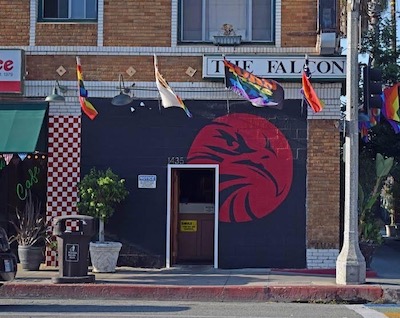On Feb. 28, national sporting goods chain Dick’s made the announcement that, in light of the Parkland, Florida shooting, they would no longer carry AR-15 assault rifles in stores. As a traditionally conservative company, their decision did not go unnoticed by many liberal groups and individuals, who applauded Dick’s CEO Edward Stack for making the decision. In the days that followed the announcement, companies like Wal-Mart and L.L. Bean followed suit, raising the legal buying age of rifles in their stores to 21.
However, after the news of Dick’s decision started to circulate across social media, several LGBTQ+ advocates and news sources, such as The Advocate, were quick to point out that when it comes to LGBTQ+ employment policies, Dick’s has something of a checkered past.
In 2017, Dick’s was given a low ranking by the Human Rights Campaign on its annual buyer’s guide, created to inform consumers of the best and worst companies for LGBTQ+ workers rights. On HRC’s website, Dick’s was noted as offering no health insurance for domestic partners of workers, and also made no “contractor/vendor standards including sexual orientation and gender identity.” The company also, according to HRC, does not offer LGBT cultural competence training or “Company-supported LGBT employee resource group or firm-wide diversity council that includes LGBT issues.”
According to CNBC, “Mercy Investment Services, a St. Louis-based money manager for the Sisters of Mercy, had filed a shareholder proposal with the sporting goods retailer in December that called on it to re-evaluate its policies regarding sales of assault rifle, promote restrictions on gun sales and make a few other considerations related to safety and sales practices.”
This means that not only was Dick’s CEO’s decision to stop carrying assault rifles possibly being strategized long before the Florida school shooting, it means that its ties to religious shareholders could be influencing both its policy on gun control and its bad score on the HRC report.























